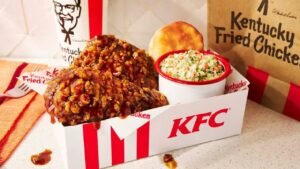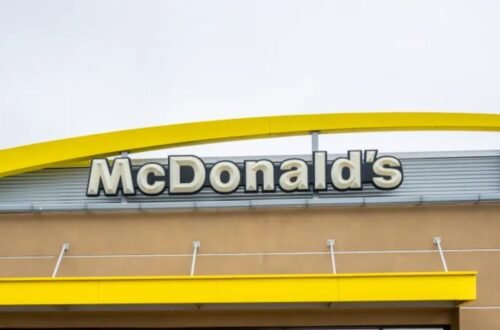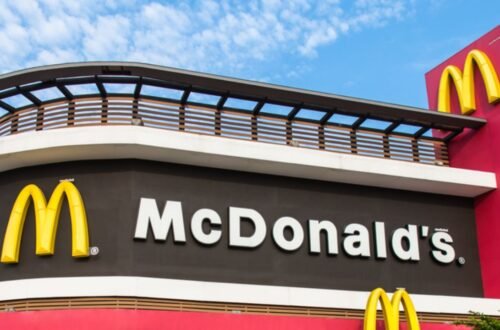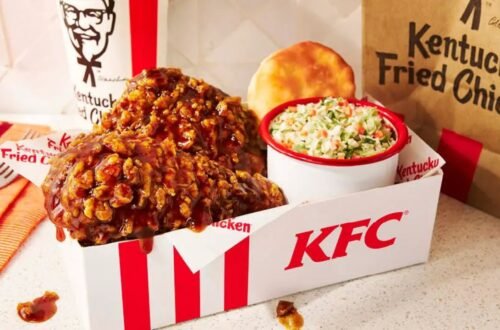In October 2025, Burger King quietly but decisively retired the ‘Creepy King’ mascot—the wide-eyed, grinning figure that had become synonymous with the brand’s edgy, offbeat marketing.
Behind the move is deeper strategy rather than mere superficial rebranding: leadership concluded this mascot’s tone was misaligned with the brand’s future direction.
Why the Move Was Necessary
1. Alienating the Very Audience They Want
Although the ‘Creepy King’ drew attention and internet memes, it did not resonate with families, especially with parents of young children.
His rigid smile and eerie masklike appearance were often described as unsettling, which made family visits less comfortable.
2. Narrow Appeal, Broad Ambitions
Internally, the mascot was judged to have “limited appeal.” As Burger King sought to regain and expand its weekend family traffic, the mascot hindered rather than helped.
The decision stemmed from data indicating dips in visits by households with kids.
3. A Competitive Landscape: Winning Back Families
Competing fast food chains have long leaned into kid-friendly marketing and play areas.
To close the gap, Burger King needed a persona that supports, not repels, parent decision-makers.
What’s Replacing the Mascot
Rather than introducing a new single character, Burger King is pivoting in multiple areas:
- Restaurant remodels: Dining rooms will feel warmer, more inclusive, and with design choices catering to families.
- Play zones: In select outlets, slides, tunnels, and “kids’ corners” will return—or be introduced—so children have a reason to linger.
- Marketing refocus: New campaigns emphasize core menu icons like the Whopper, convivial dining, and shared family moments—not surreal mascots.
The aim is to shift from gimmick-centric to customer-centric, re-grounding the brand around what truly matters: food, experience, hospitality.
The Mascot That Was- Origin & Legacy
- The ‘Creepy King’ first emerged in ads during the 2000s, built to capture attention through surreal and slightly off-kilter scenes.
- He was quietly shelved around 2011, though occasional appearances persisted.
- Over time, that nostalgic lean no longer aligned with evolving customer expectations—especially those of families seeking comfort and approachability.
At a Glance- Key Facts & Timeline
| Item | Detail |
|---|---|
| Retirement date | October 2025 |
| Core reason | Limited appeal—especially among families with children |
| Leadership message | The mascot turned off key audiences who matter most for growth |
| Replacement strategy | No new character — focus on experiences, remodeling, marketing shift |
| Historic use | Prominent in 2000s, scaled back after 2011 |
Implications for 2025 And Beyond
The move underscores that family foot traffic remains vital in the restaurant business. ]
By eliminating a barrier (the mascot) and investing in welcoming experiences, Burger King is betting it can reclaim weekend visits, boost dine-in loyalty, and narrow the gap with chains that have long dominated the family segment.
It also signals that viral or quirky identity elements aren’t always sustainable—it requires alignment with long-term brand goals and customer expectations.
FAQs
Did Burger King replace the ‘Creepy King’ with another mascot?
Not with a new character. They’re focusing instead on architecture, play elements, and advertising that feel warm, inclusive, and centered around the customer experience.
Will every Burger King get a play area?
No—only select restaurants will have play zones. The chain is piloting and renovating where it makes sense, not mandating it everywhere at once.
Is this just lip service or a real change?
It’s being treated as a real change. The company is backing it with store remodel investments, marketing redirection, and experience redesigns, not just messaging updates.








